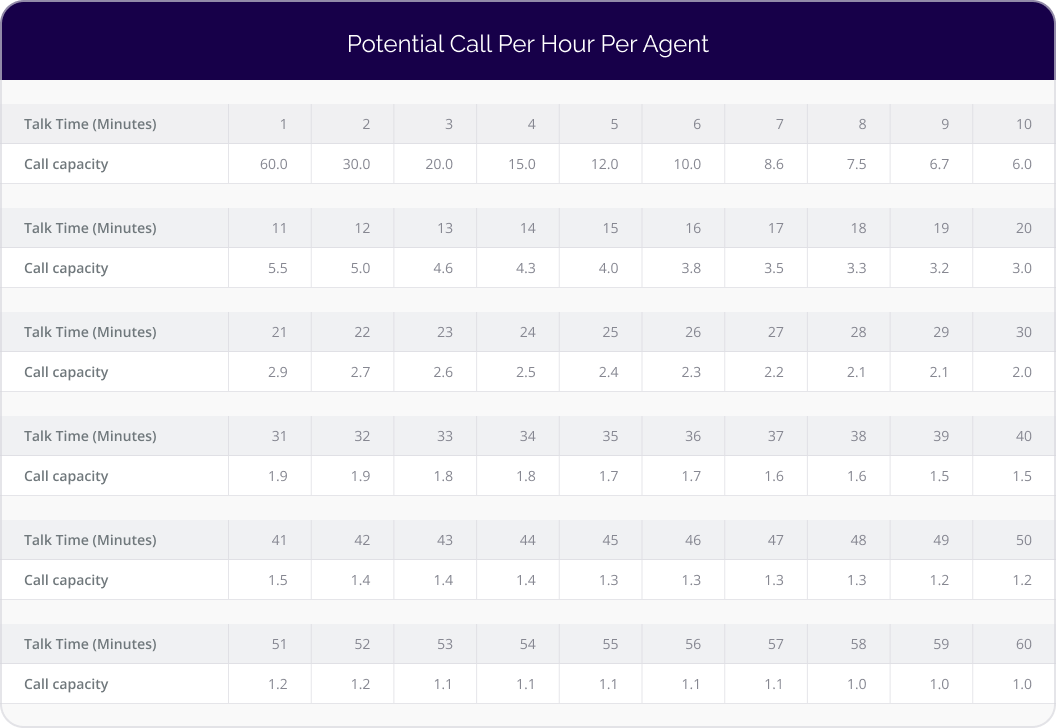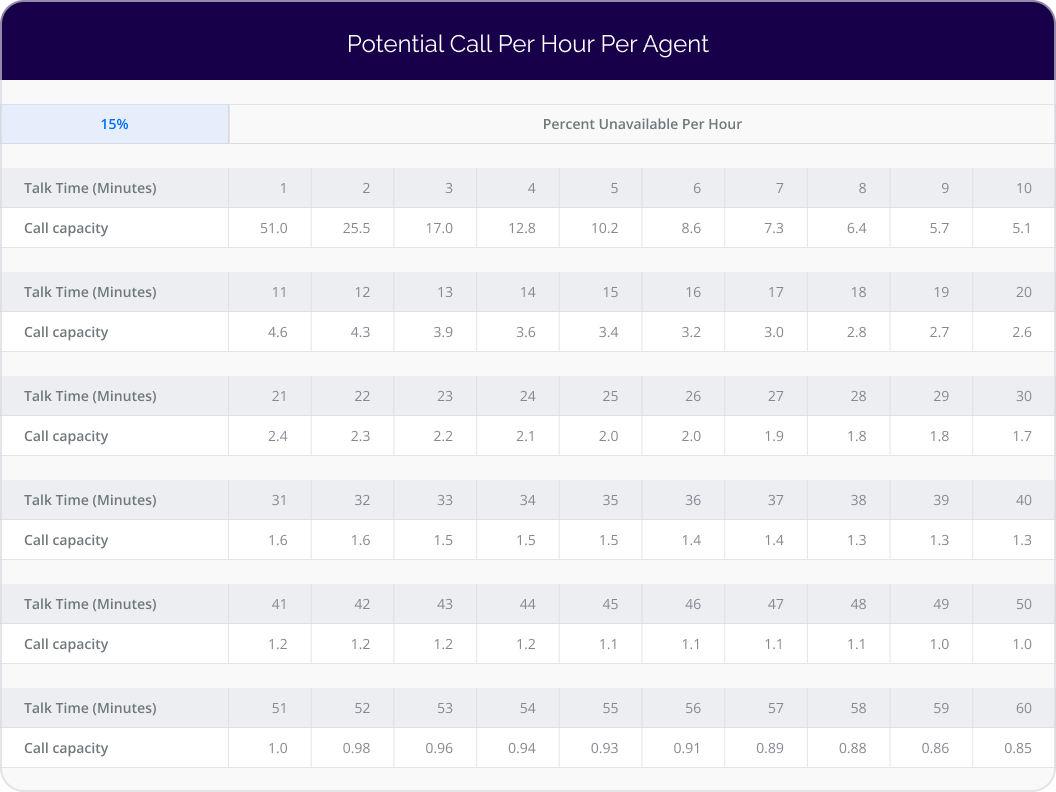Help Desk Call Center Staffing: The Guide to Building a Successful Support Team
The right size. The right budget. The right people. The right help desk.
When there’s a technology issue, can your users get the support they need?
For far too many companies of all shapes and sizes, the answer is no. Users are frustrated, losing productivity, and searching for answers in all the wrong places.
If your help desk is too small (or even nonexistent), it can create problems that cascade down into enormous effects on your business … but so can any wrong decisions you make along the way.
That’s why we created this guide.
Staffing an IT help desk is no small task, but we’re going to break it down into small, manageable pieces. From determining the staffing levels you need and calculating costs to finding and hiring the right people, this guide will show you how to build a support team your users can count on.








